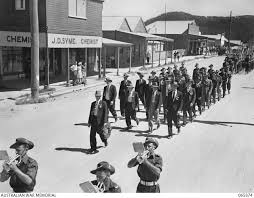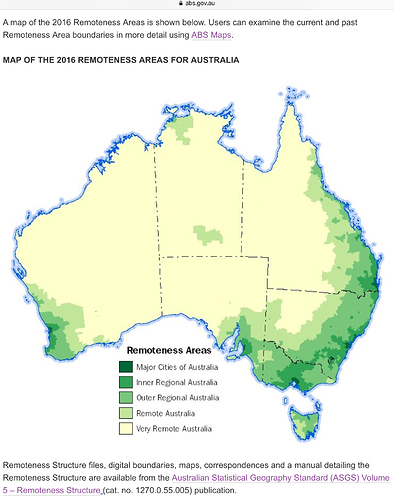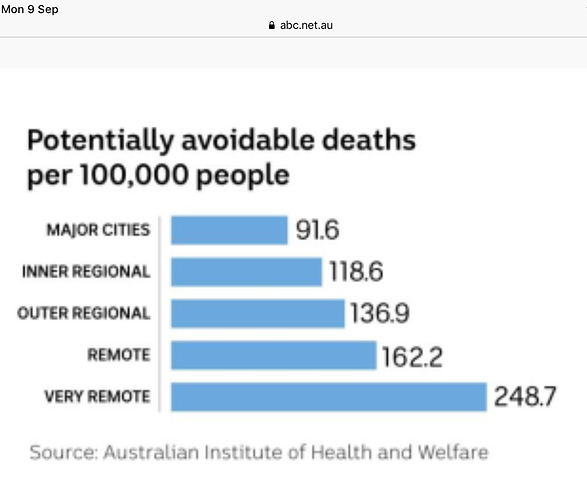As Choice Members we can all share our experiences in the community.
Sometimes it is a positive outcome with a product or service, or perhaps a consumer law issue, or just discussing concerns and ideas.
For some of us the lived experience includes being a consumer in a regional or rural or even remote community. Country living comes in many different flavours, which is part of the experience.
How does being a consumer and living outside of a large township or City affect the choices available to us and how do we go about getting the best outcomes as a consumer?
Which Choice services and topics do we feel are most valued by regional and rural Choice members?
Footnote:
We first joined Choice (magazine supplied reliably in the mail) in the 1980’s after moving to a small township in the Hunter Valley to an even smaller one in Central Qld. The one anecdote worthy of note is the reaction of my wonderful Mother-in-Law, a girl from a just as small town in North Qld, wondering why any one would move complete with family to either. With both sides having family recent past and present scattered across most of the nation. Only 5 generations. If you are wondering we are all immigrants. Perhaps she knew something we chose not to see. We did point out with family in unmarked graves in FNQ and another interred in Alice Springs, should it be too much of a concern.
For us Choice at the time was the only resource we had. Word of mouth in the small towns also helped. While Choice has grown the later has seen a long decline in many areas.
Some of the lived experiences may be self evident in posts to topics under my meme. It’s also evident other members of the community share varying experiences from living away from the city. Topical for others perhaps, given the interest in TV programs such as Escape from the City and Escape to the Country.
One general consumer observation about living and working (with a family) in a number of different rural and regional locations in NSW and QLD. The over the counter cost is often a concern. However choices are often limited as is access to products and services. Travel costs. We are all time poor. You tend to weigh choices differently compared to living in the city. The same still applies, more so where practically some choices are online only (banking), and others have been taken away (Aust Post). You still need to plan ahead, but it may now be the local shoe shop has closed and you need to allow for the online order to be the wrong size?



